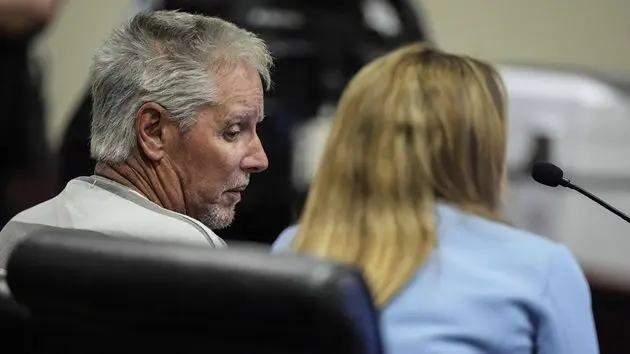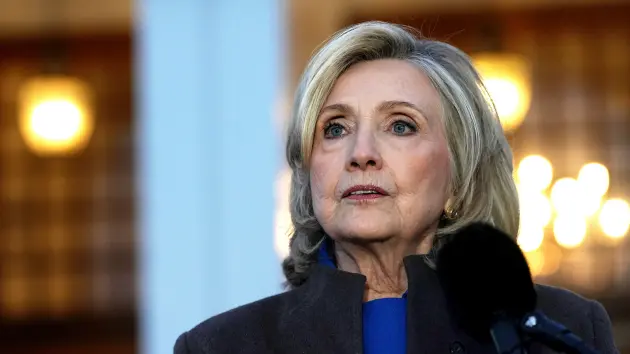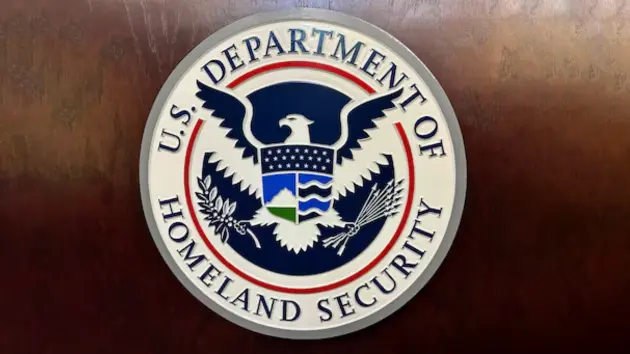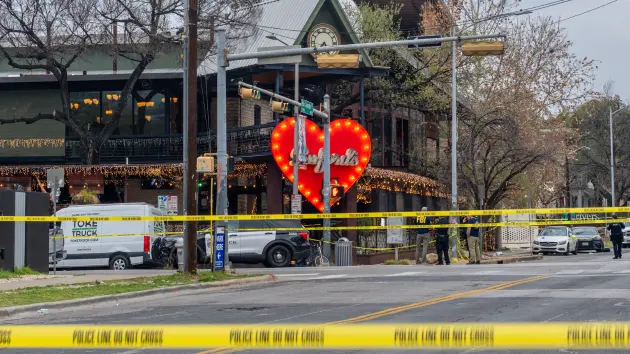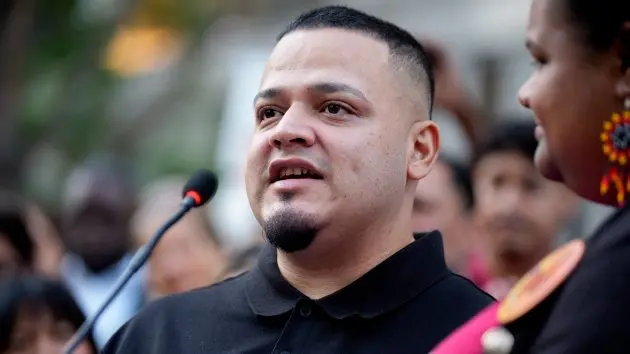
(NEW YORK) — A top ICE official struggled to answer questions about Kilmar Abrego Garcia’s potential deportation during an evidentiary hearing on Thursday, and admitted that someone else helped draft his sworn declaration submitted in the case.
John Cantu was called to testify about why the government is not planning to deport Abrego Garcia to Costa Rica and is instead preparing to remove him to the West African nation of Liberia.
When pressed by Abrego Garcia’s attorneys about the contents of the sealed declaration regarding the government’s communication with Costa Rica, their client’s preferred country of removal, Cantu said he did not understand parts of his declaration.
Abrego Garcia’s lawyers accuse the government of having “cycled through” four third-country destinations — Uganda, Eswatini, Ghana, and now Liberia — without providing “the notice, opportunity to be heard and individualized assessment that due process requires.”
After not being able to answer several questions from Abrego Garcia’s attorneys, Cantu said he received “verbiage” for his declaration from a State Department attorney.
“Sitting here today, you could not tell me whether anyone from the State Department has been in touch with Costa Rica since August 21, to determine whether communications have changed?” asked Sascha Rand, an attorney for Abrego Garcia.
“That’s right,” Cantu replied.
“Mr. Cantu, when you say Costa Rica is not an option for removal … where does that come from?” U.S. District Judge Paula Xinis interjected.
“Counsel,” Cantu said referring to the State Department attorney.
“The point has been made that this witness knows zero information about the content of the declaration,” Xinis said.
Cantu later admitted he had no involvement in Abrego Garcia’s case prior to November and said his only involvement was a “five minute Teams call” with the Department of State attorney.
Abrego Garcia, who had been living in Maryland with his wife and children, was deported in March to El Salvador’s CECOT mega-prison — despite a 2019 court order barring his deportation to that country due to fear of persecution — after the Trump administration claimed he was a member of the criminal gang MS-13, which he denies.
He was brought back to the U.S. in June to face human smuggling charges in Tennessee, to which he has pleaded not guilty. His criminal trial is scheduled to begin in January.
Abrego Garcia’s deportation is currently blocked by U.S. District Judge Paula Xinis pending the resolution of the habeas case challenging his removal. He is currently in a detention center in Pennsylvania.
His attorneys say the U.S. government has disregarded Abrego Garcia’s “statutory designation” of Costa Rica, despite the country’s previous assurances that it would accept him and give him refugee or resident status.
Copyright © 2025, ABC Audio. All rights reserved.

